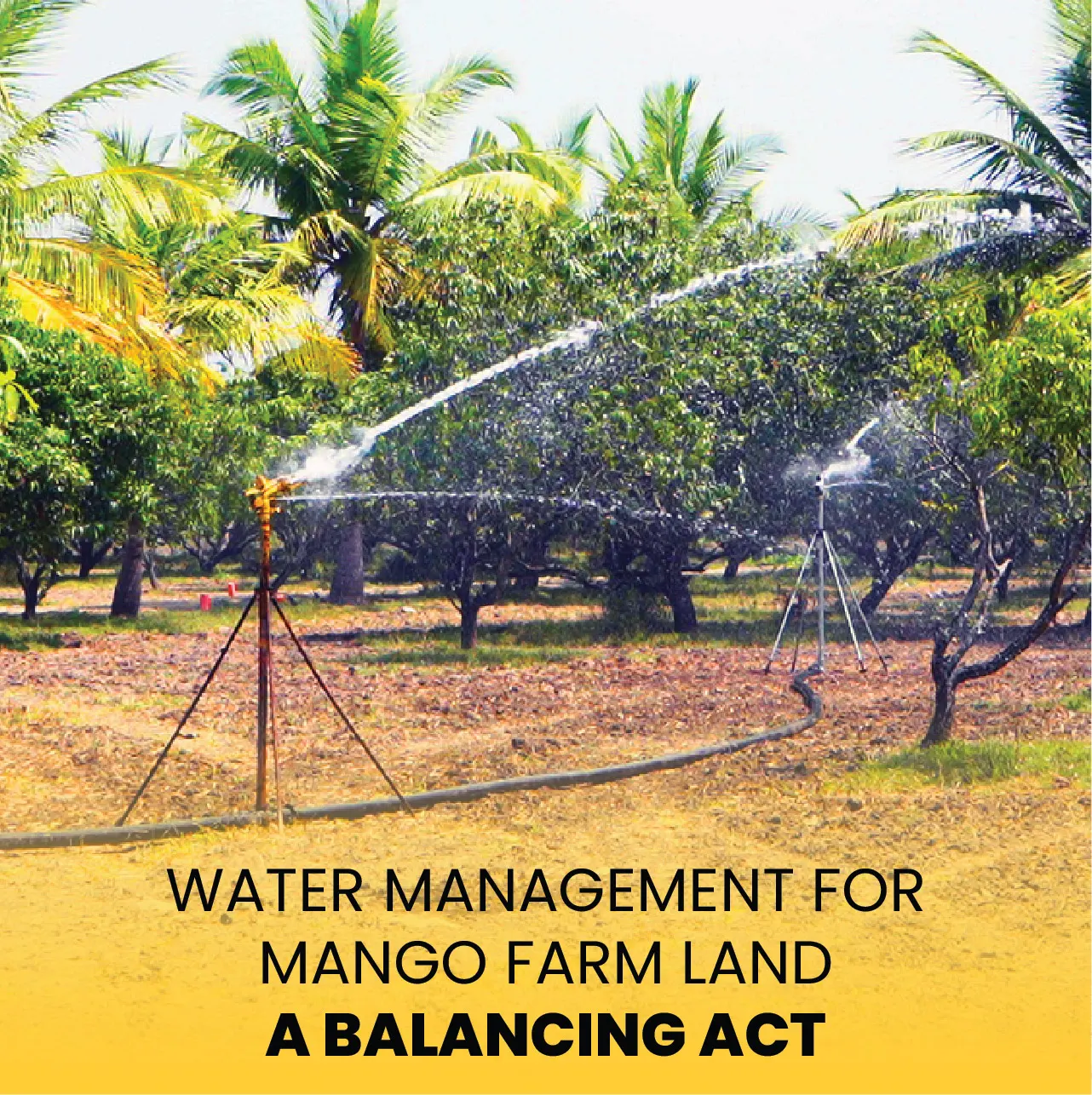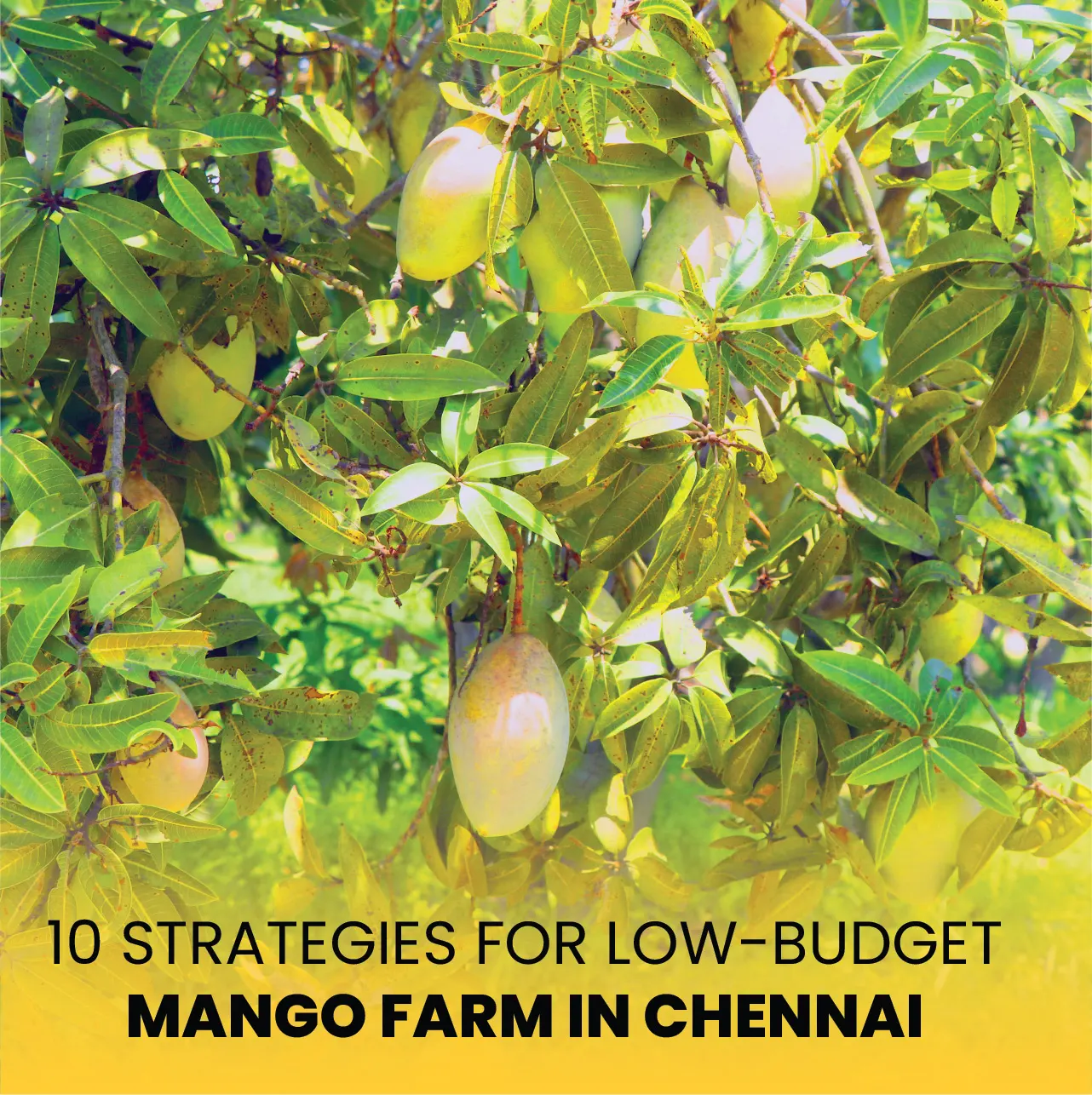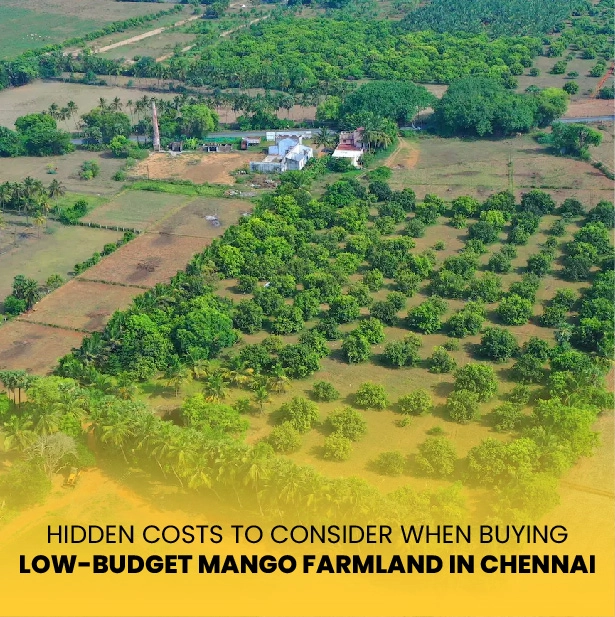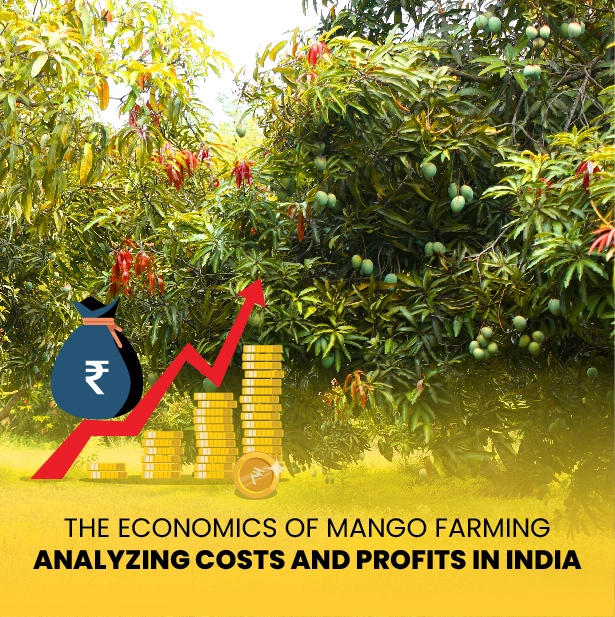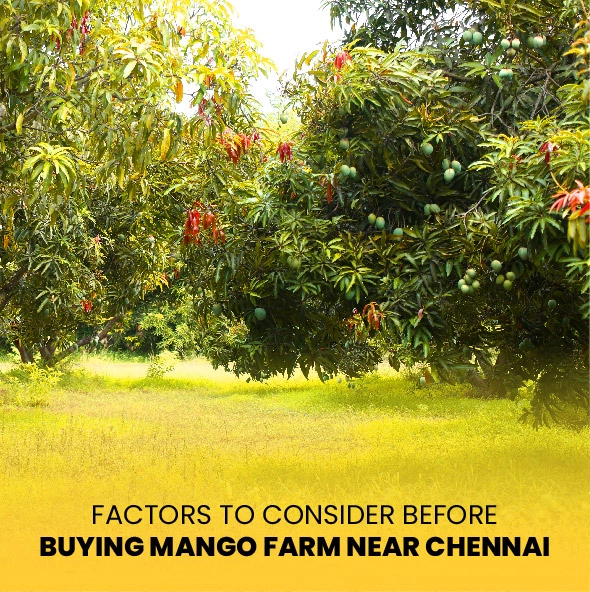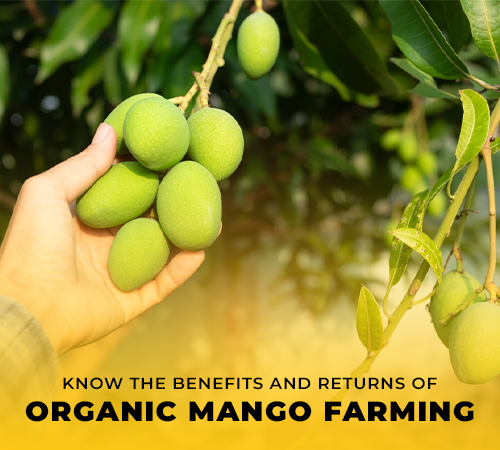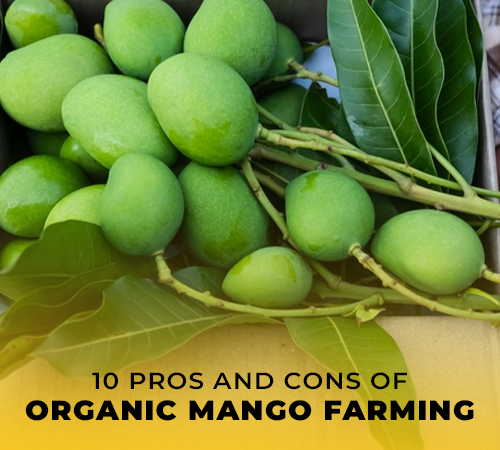In recent years, there has been a growing awareness and demand for organic products globally, with consumers becoming increasingly conscious of their health and the environmental impact of their choices. India, with its rich agricultural heritage, vast arable land, and diverse climatic conditions, presents a promising landscape for the organic farming sector to flourish. This blog delves into the potential market for organic farming in India, exploring the driving factors, challenges, and opportunities that lie ahead.
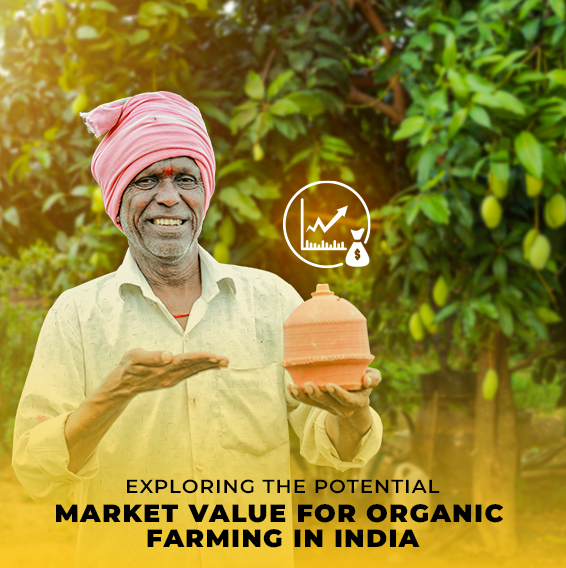
Growing crops organically entails avoiding the use of artificial fertilizers, pesticides, or genetically modified organisms while emphasizing sustainable methods that put biodiversity and soil health first. India's agricultural industry is dominated by conventional farming practices however in recent years, there has been a discernible trend towards organic farming. A major factor contributing to this shift is consumers' growing knowledge of the advantages of organic products.
An increasing percentage of Indians are becoming more ecologically concerned and health-sensitive as lifestyles change. Demand for organic vegetables is rising as consumers look for food items free of dangerous chemicals and pesticides. This change is a reflection of a larger movement towards a sustainable and better way of living, not just a fad.
The Indian government has recognized the potential of organic farming and has implemented various initiatives to promote it. Schemes such as the National Mission for Sustainable Agriculture (NMSA) and Paramparagat Krishi Vikas Yojana (PKVY) provide financial assistance and support to farmers adopting organic farming practices. These initiatives aim to boost organic cultivation, reduce the reliance on chemical inputs, and enhance the overall sustainability of agriculture.
While the potential for eco farming in India is immense, some challenges need to be addressed to ensure its sustainable growth. One of the primary challenges is the transition period from conventional to organic farming, which can be financially burdensome for farmers. Additionally, the lack of standardized certification procedures and market linkages poses hurdles for farmers looking to enter the organic market.
Despite challenges, the organic farming sector in India presents lucrative opportunities for various stakeholders. The demand for organic products spans not only the domestic market but also the international arena. The global market for organic products is on the rise, and India has the potential to become a significant player in this space. Let's delve deeper into the market opportunities presented by organic farming in India, along with some recent statistics to provide context,
The market opportunities in organic farm land in India are diverse and promising. From expanding exports to catering to the growing demand for value-added products and tapping into the potential of agro-tourism, organic farmers and entrepreneurs have a plethora of avenues to explore. With the right strategies, investments, and collaborations, India can solidify its position as a leading player in the global organic market while promoting sustainable agriculture practices and rural development.
As India strives to achieve sustainable agricultural practices, the potential market for organic farming is undoubtedly promising. The convergence of consumer awareness, government support, and global demand positions organic farming as a key player in the future of Indian agriculture. While challenges exist, the opportunities for growth and success in the organic farming sector far outweigh the obstacles, making it an exciting and lucrative prospect for farmers, entrepreneurs, and the nation as a whole.



